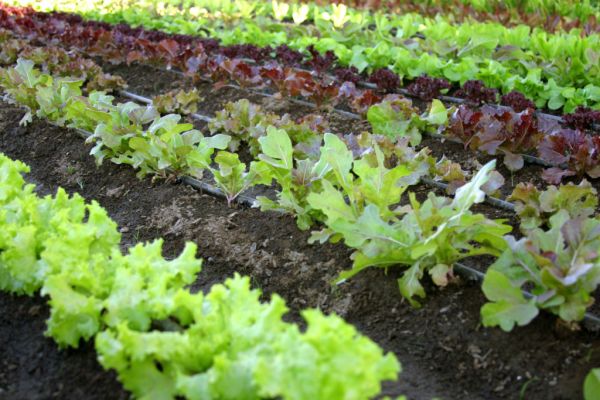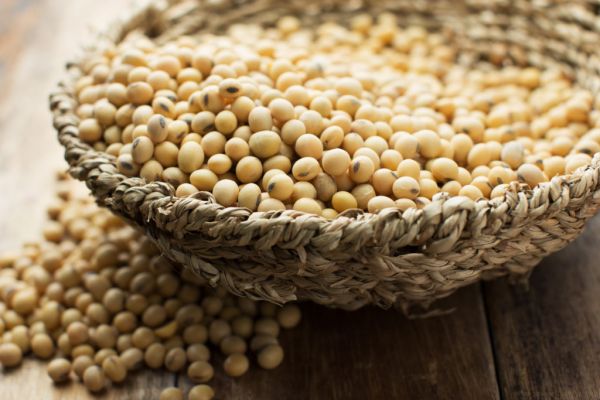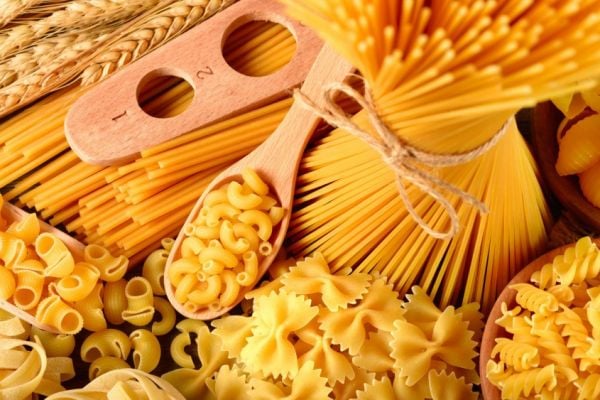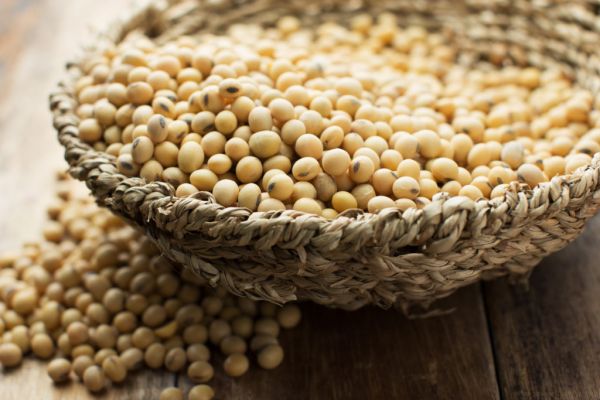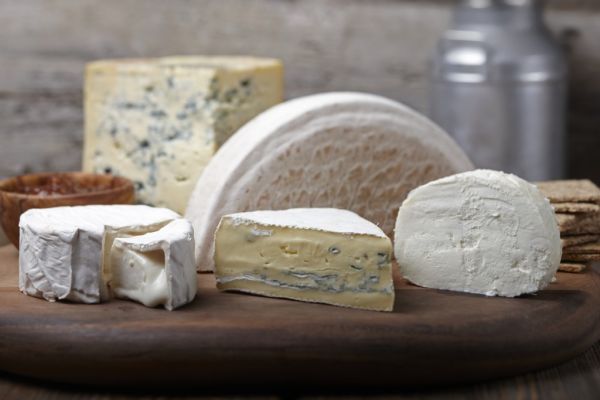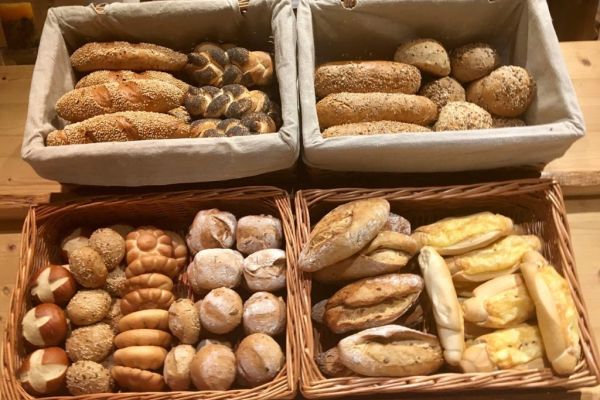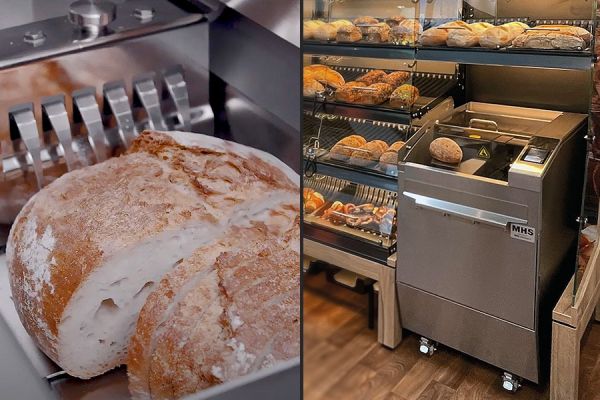South Africa’s worst drought on record, a plunging currency and debt-burdened consumers are weighing on the country’s biggest food producers, who may sacrifice profits in order to keep prices affordable and preserve market share.
The shares of food producers including Pioneer Food Group and RCL Foods have this month fallen to the lowest in more than a year as local prices of key staples such as white corn doubled over the same period while wheat rose 25 per cent. As the worst drought since records started in 1904 decimates food crops, import costs are surging, with the rand losing 30 percent against the dollar since the start of last year, the worst performer among 16 major currencies tracked by Bloomberg after Brazil’s real.
“The prices of soft commodities have gone through the roof,” Ron Klipin, an analyst at Cratos Capital in Johannesburg, said by phone, referring to the grains. “It’s very difficult to pass on and claw back those prices, so the companies are going to have to absorb it.”
Apart from rising food prices, consumers’ spending power will be curbed by probable rate increases in a country where debt exceeds 78 per cent of households’ disposable income, Lullu Krugel, an economist at KPMG LLP in Johannesburg, said by phone. Forward-rate agreements starting in six months, used to speculate on borrowing costs, show investors are pricing in 100 basis points of increases by the South African Reserve Bank in the first half of the year.
Tiger Brands Ltd., the largest producer of foods by market value, last week declined to the lowest level since June while Pioneer Food, the second-biggest, dropped to the lowest since December 2014 on Friday. RCL Foods, which makes chicken, fell to the weakest since November 2012.
“We will probably see a significant pickup in flood inflation,” Jiten Bechoo, an analyst at Avior Capital Markets in Cape Town, said by phone. “Even then, it may still mean margin pressure because it is going to be insufficient to cover costs.
Food inflation will probably exceed 10 per cent by the middle of this year, Krugel said. It was 4.8 per cent in November, Statistics South Africa data show.
Tiger Brands, based in Johannesburg, is investing in its operations to reduce the cost of manufacturing food, which will help offset the effect of pricier ingredients, said Nikki Catrakilis-Wagner, the head of investor relations. This year “will be tough,” she said by e-mail.
News by Bloomberg, edited by ESM. To subscribe to ESM: The European Supermarket Magazine, click here.
